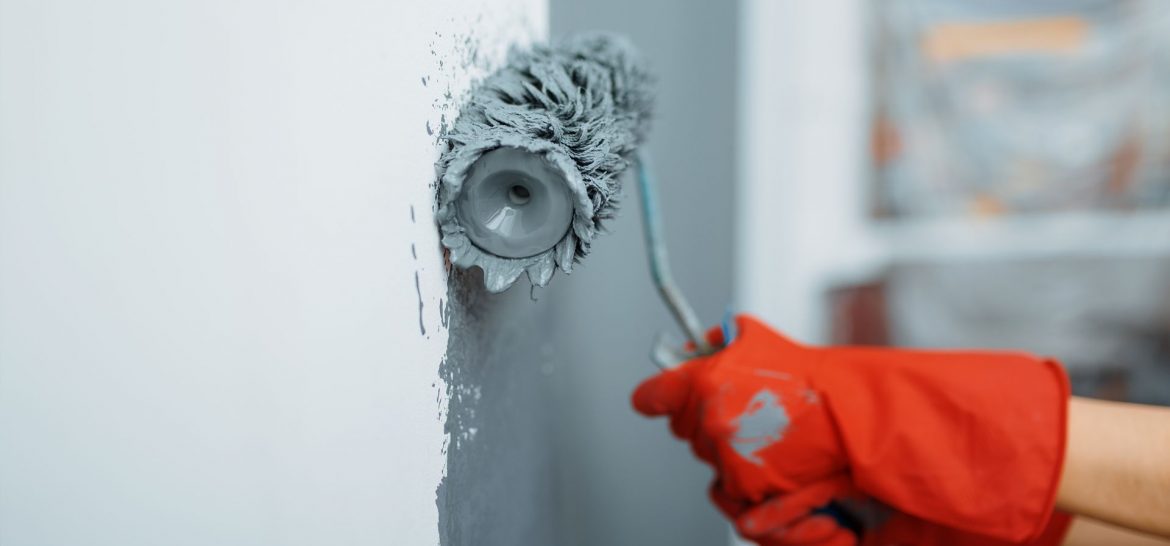Indoor Air Quality and Your Health: The HVAC Connection
Indoor air quality (IAQ) is a critical component of our overall health and well-being. The air we breathe inside our homes and workplaces can have a significant impact on our respiratory health, allergies, and overall comfort. And, when it comes to maintaining good indoor air quality, the HVAC system plays a crucial role.
The HVAC (heating, ventilation, and air conditioning) system is responsible for regulating the temperature, humidity, and air circulation in indoor spaces. However, it also plays a key role in filtering and purifying the air we breathe. Here’s how the HVAC system influences indoor air quality and why it’s important to pay attention to its maintenance and performance.
1. Filtration of Airborne Particles
One of the primary functions of the HVAC system is to filter out airborne particles such as dust, pollen, pet dander, and other allergens. The air filter within the HVAC system captures these particles, preventing them from circulating throughout the indoor environment. Regularly changing the air filter is essential to ensure that it remains effective in removing contaminants from the air.
2. Removal of Indoor Pollutants
Indoor pollutants such as volatile organic compounds (VOCs), tobacco smoke, and cooking fumes can have a detrimental effect on indoor air quality. The HVAC system, particularly when equipped with a high-quality air purifier, can help remove these pollutants from the air, reducing the risk of respiratory irritation and long-term health effects.
3. Regulation of Humidity Levels
Maintaining appropriate humidity levels is crucial for indoor air quality. Excess moisture can lead to mold and mildew growth, while overly dry air can cause respiratory discomfort and exacerbate allergies. The HVAC system helps regulate indoor humidity levels, creating a more comfortable and healthier indoor environment.
4. Ventilation and Fresh Air Intake
Proper ventilation is essential for ensuring the circulation of fresh outdoor air and the removal of stale indoor air. The HVAC system facilitates this process, bringing in outdoor air and exhausting indoor air to prevent the buildup of indoor pollutants and odors.
The significance of the HVAC system in maintaining good indoor air quality cannot be overstated. Neglecting the maintenance and performance of the HVAC system can lead to a decline in indoor air quality, resulting in health issues such as allergies, asthma, and respiratory infections.
To ensure that your HVAC system is contributing to good indoor air quality, it’s important to schedule regular maintenance and inspections with a qualified HVAC technician. This includes cleaning and replacing air filters, checking for any leaks or mold growth within the system, and verifying that the ventilation and air circulation are functioning effectively.
In conclusion, the HVAC system is an integral part of maintaining healthy indoor air quality. By understanding its role in filtering, purifying, and circulating the air we breathe, we can take proactive steps to ensure that our indoor environments promote optimal health and well-being. Prioritizing the maintenance and performance of the HVAC system is a crucial aspect of safeguarding indoor air quality and, ultimately, our overall health.






0 Comments